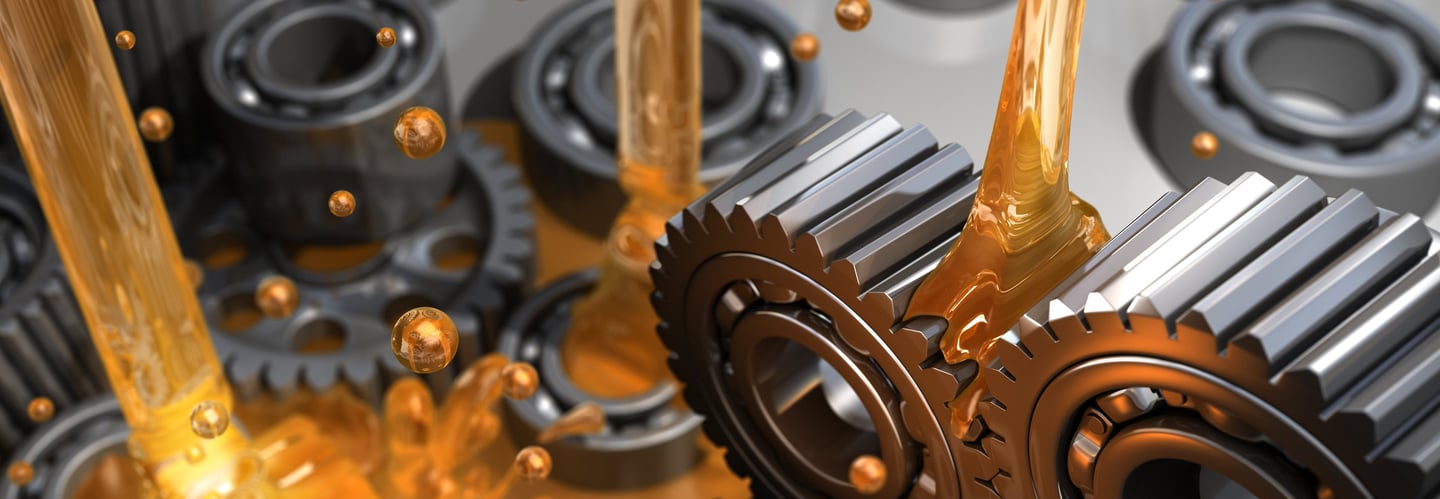Automotive Lubrication Experts
Innovative Solutions
Consultancy Services
Expert advice on all your Lubricant needs.
Grow your reach
Improve your competence
Marketing Services
Trainings & Tools
Your Trusted Lubricants Partner
Dedicated to providing top-tier lubrication solutions for both heavy-duty and passenger vehicles through innovation and expertise.


1500+
15Yrs+
Industry Experience
Expert Insights
Book a free consultation today !
Contact us for inquiries about our lubricant services and solutions. We're here to assist you with all your lubrication needs.
Reach us at
info@oilexpertise.com
